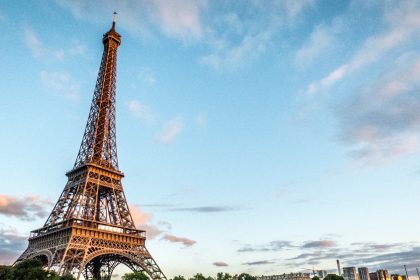Happy Lunar New Year everyone, This year Rugby School hosted the first ever whole school Chinese New Year dinner celebration, …
Feedback on the Chinese New Year Dinner — Sam Harbinson (LXX)
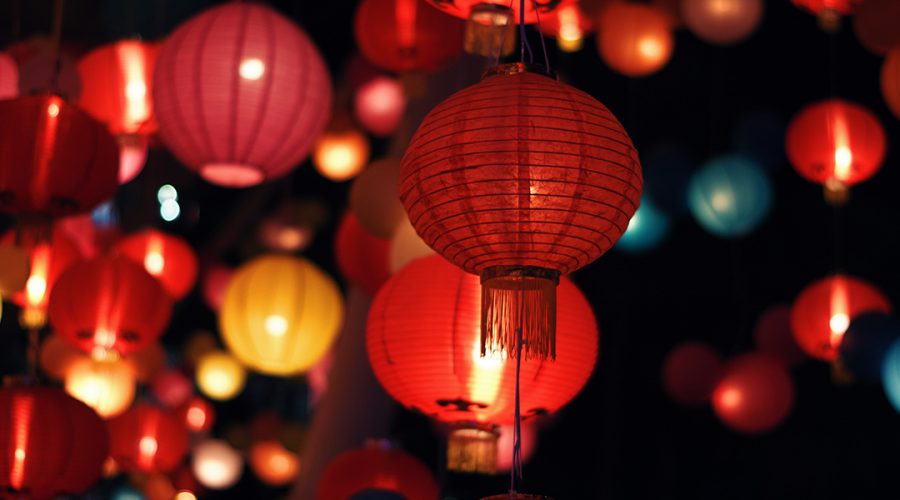
Modern Language Magazine

Happy Lunar New Year everyone, This year Rugby School hosted the first ever whole school Chinese New Year dinner celebration, …
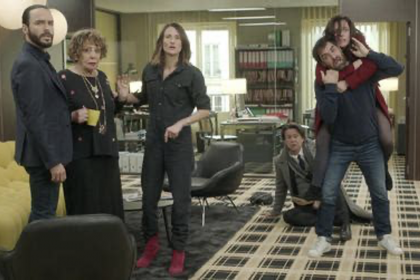
Créé en 2015, ‘Dix pour Cent’ (pour les 10% de frais que les agents français facturent aux acteurs) ou ‘Call …
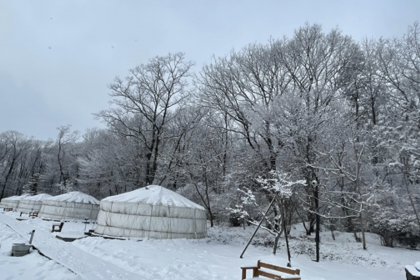
今年のお正月はどこかに行かれましたかか? Well, I have gone to a glamping site in Nasu, (it is a town in Tochigi, Japan) which had …
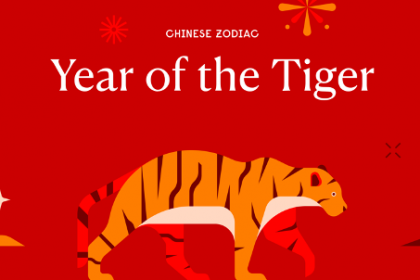
Chinese New Year (aka Spring Festival) is one of the most important celebrations in China and it represents the arrival …
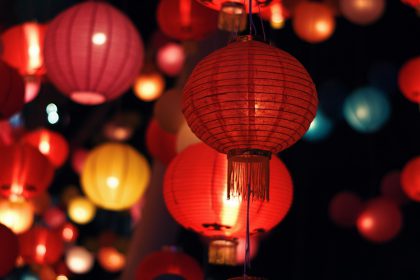
農曆新年快樂! 請欣賞來自拉格比學校師生的新年祝福! ↓. PLEASE CLICK THE PICTURE BELOW TO WATCH VIDEO. ↓ Happy Lunar New Year! Enjoy the ‘Happy New …
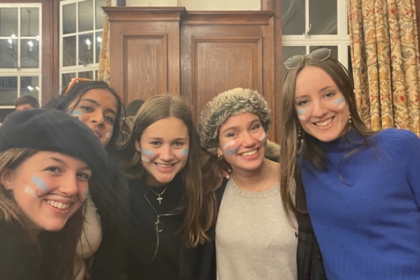
The second in the trifecta of the MFL Wine Society this year showcased the delight of red wines, specifically from …
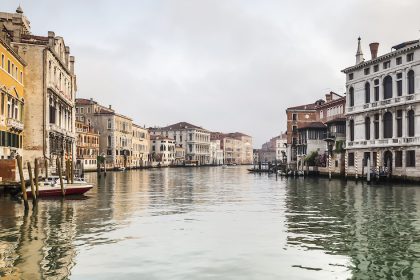
Mentre non conosco la lingua italiana molto bene, e non posso dire che sono un’esperta nella letteratura, io sono sicura …
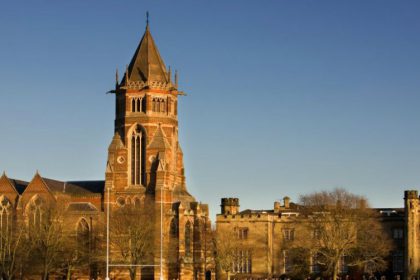
As linguists we can understand and appreciate how important language is for shaping our identity, and this has been the …

The iconic fashion designer, Manfred Thierry Mugler has died at 73 this January. Mugler was born in Strasbourg, France in …
